Search
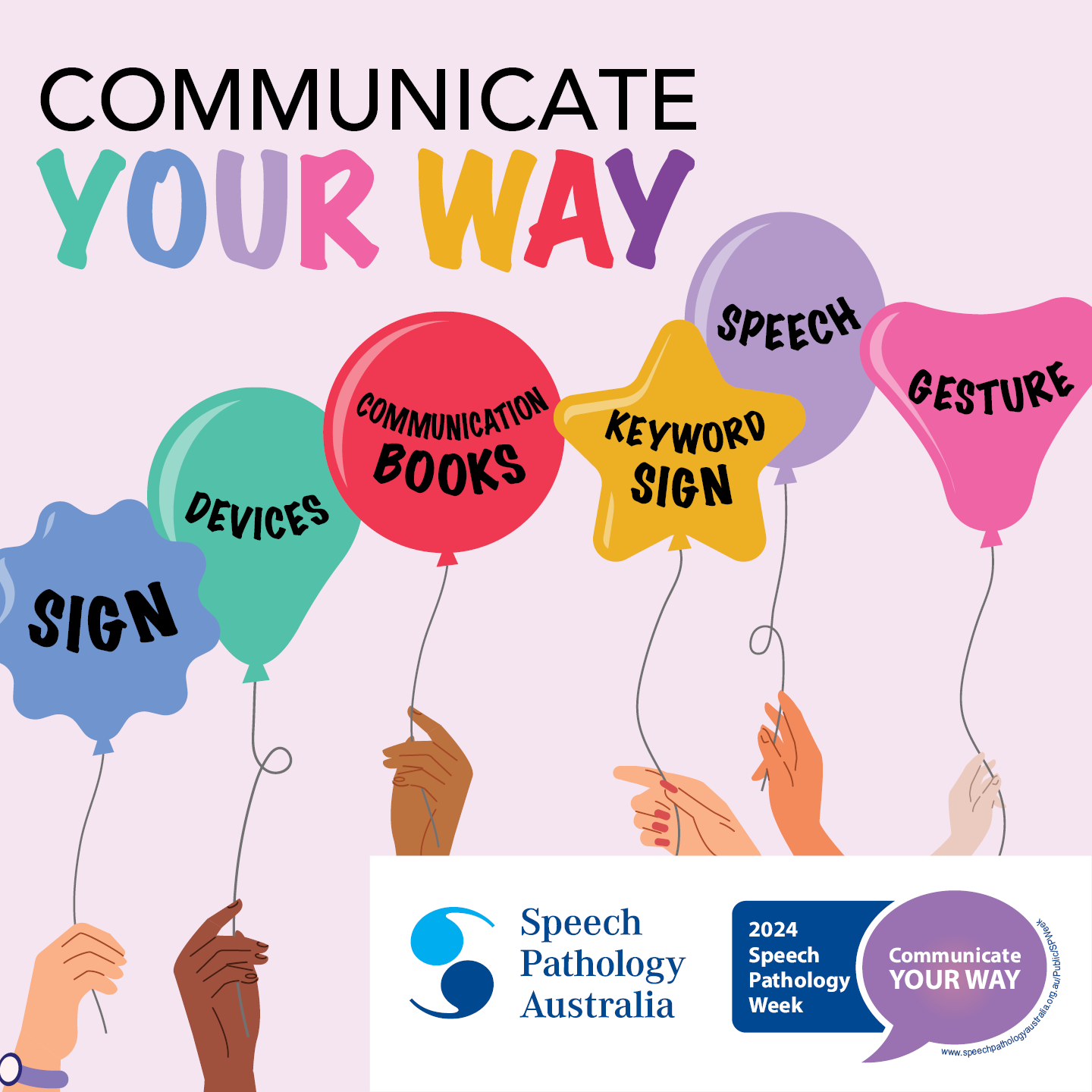
News & Events
Communicate your wayTo kick off Speech Pathology Week 2024, we asked our clients, their families and the community to share the different ways they communicate. Senior Speech Pathologist Sally Grauaug compiled their ideas and feedback into this blog.
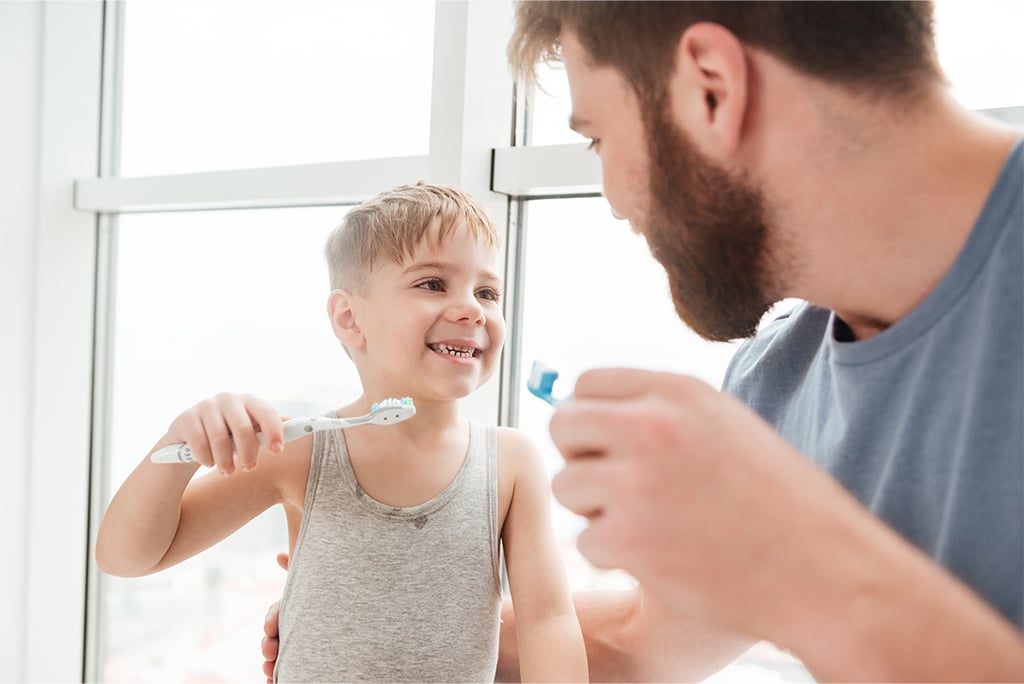
News & Events
Learning to brush teeth independentlyIn this blog, Curtin University Occupational Therapy student Emily Mower shares some tips to help your child successfully brush their teeth.
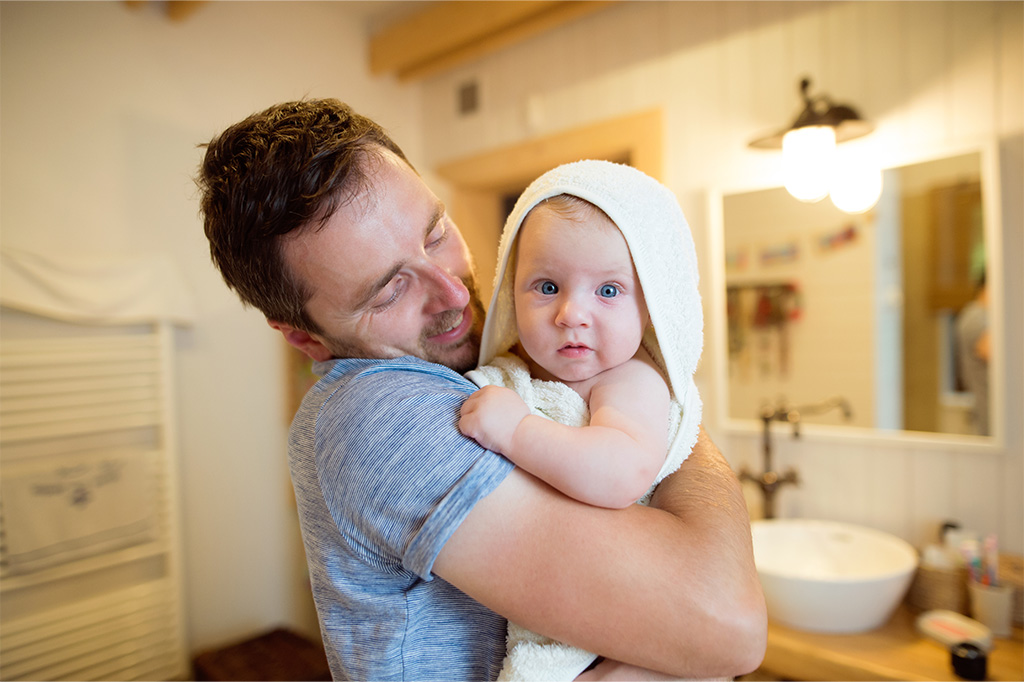
News & Events
Bathtime can mean more than just getting clean!In this new blog, Speech Pathology Lead Aria May explains how bathtime is a great opportunity to support social communication with your child.
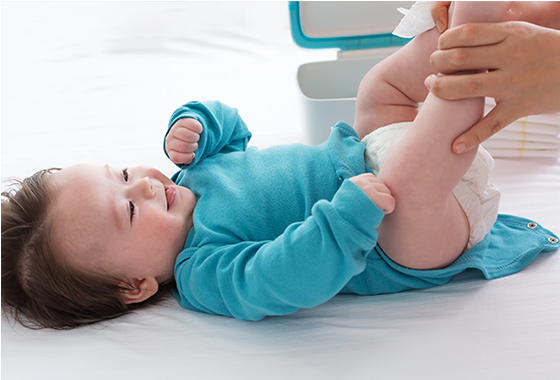
News & Events
Making the most of nappy changesIn this blog, Speech Pathology Clinical Lead Aria May and Occupational Therapy Clinical Lead Marie Rodatz share their top tips for making the most of nappy changes to help create more opportunities for connection.

News & Events
What is neurodiversity?In this blog, Speech Pathologist Emma Corry explores what neurodiversity is, and what it means in the context of supporting autistic children. Many people may have heard the term “neurodiversity” but what does this term actually mean? In this blog, we are going to dive into the foundations of neurodiversity.
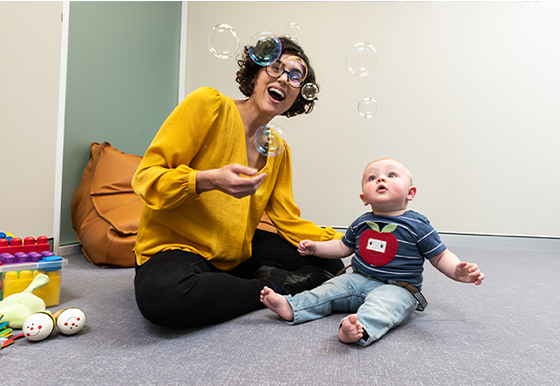
News & Events
Let's play!This is the start of our CliniKids blog series about play. In this blog, Speech Pathology Clinical Lead Aria May, explains why play is so important for autistic children.
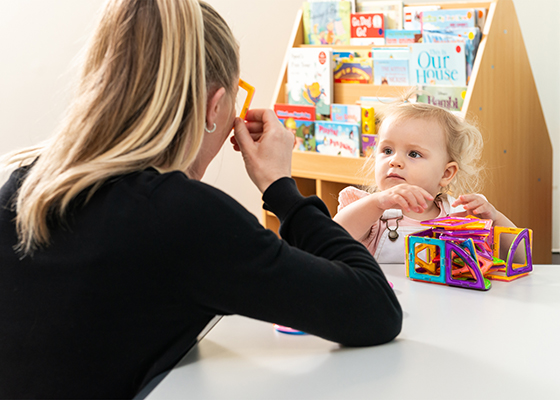
News & Events
Five tips to help autistic kids communicateSpeech Pathologist and Research Development Manager Sarah Pillar shares her strategies for supporting autistic children to communicate.
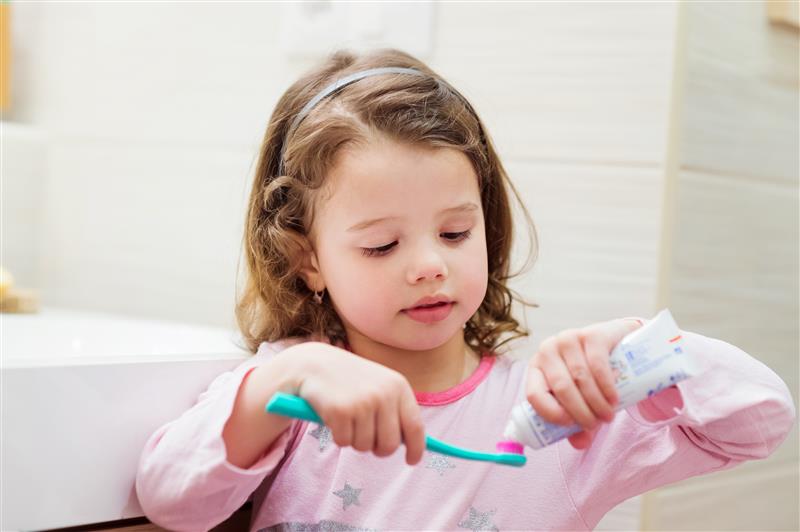
News & Events
Increasing independence in daily living tasksIn this blog, Occupational Therapy Clinical Lead Marie Rodatz shares top tips for developing independence with daily living skills —bathing or showering, washing hands, brushing teeth and dressing — in children.
Our award-winning 60 Second Science video series translates the latest research into an accessible format for the community. Here you will also find our Autism Seminar Series and videos about our clinical services and current research projects.
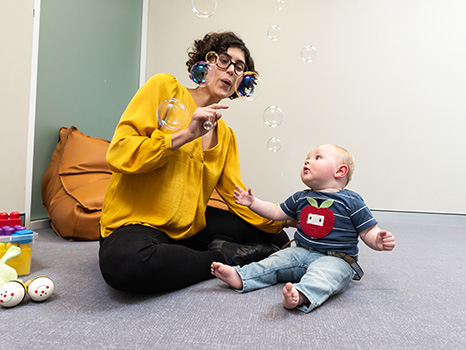
CliniKids has developed a range of fact sheets to support everyday activities at home. We've also included links to some resources and websites for parents and carers developed by other support services.
